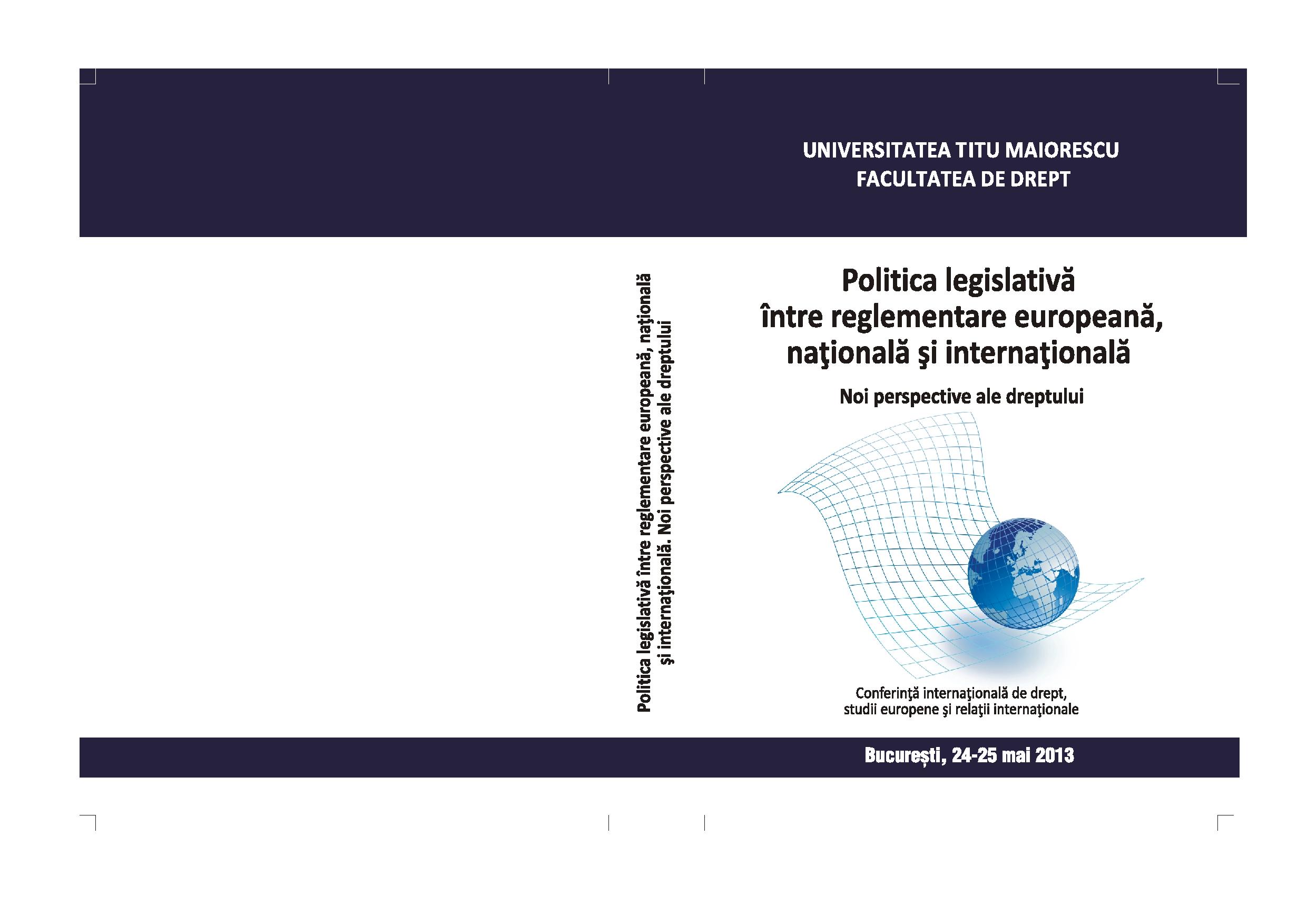Comparaţie între dispoziţiile Legii societăţilor
şi ale Codului civil privitoare la capitalul social
COMPARISON BETWEEN LAW PROVISIONS OF SOCIETIES AND CIVIL CODE REGARDING REGISTERED CAPITAL
Author(s): Smaranda AngheniSubject(s): Commercial Law
Published by: Editura Hamangiu S.R.L.
Keywords: companies; trading company; registered capital; contribution; joint property; receivables; liquidity;
Summary/Abstract: The provisions of the New Civil Code are the common law regarding the members’ contributions in the framework of society, in general. Representing the common law, of course, there are legal rules, rules of principle. Thus, in art. NCC 1883, the legislature provided contributions scheme, distinguishing between companies with legal personality, in which case, the amount entering the assets of the company, and companies without legal personality, where contributions became co-ownership partners, unless expressly, associations agreed that contributions go into common use. All contributions form registered capital, legal and economic concept that has to be analyzed both in the context of the Civil Code and in terms of company law, now Companies Act (no. 31/1990).
Journal: Conferința Internațională de Drept, Studii Europene și Relații Internaționale
- Issue Year: I/2013
- Issue No: I
- Page Range: 355-361
- Page Count: 7
- Language: Romanian

